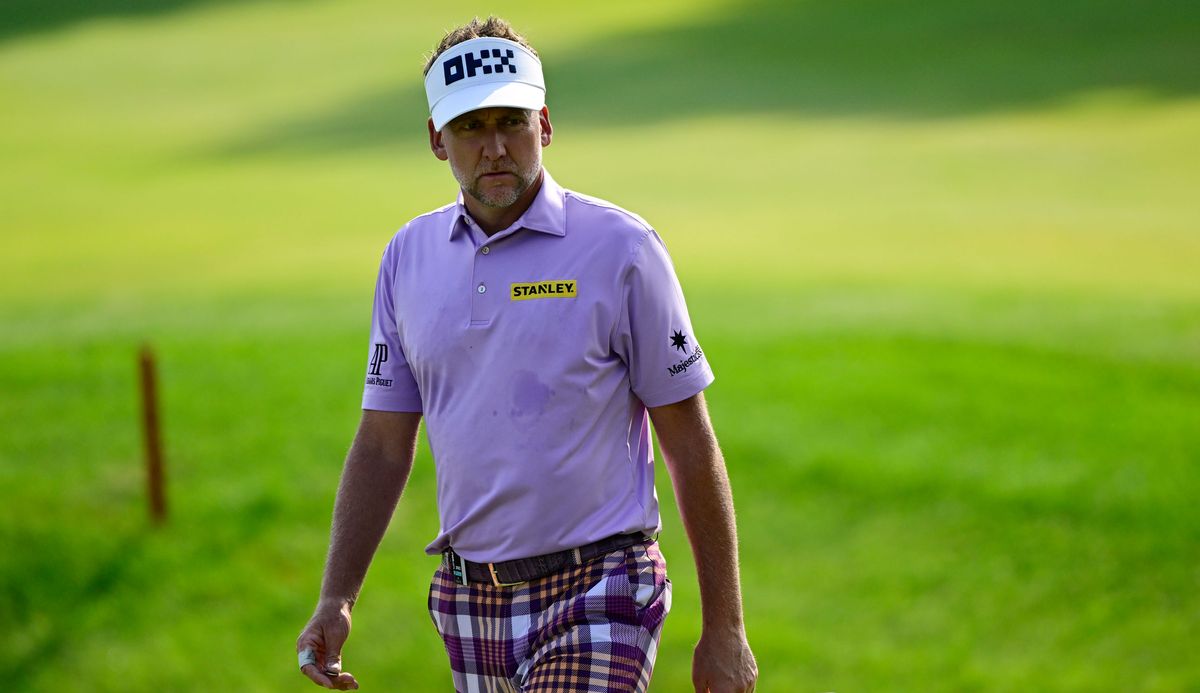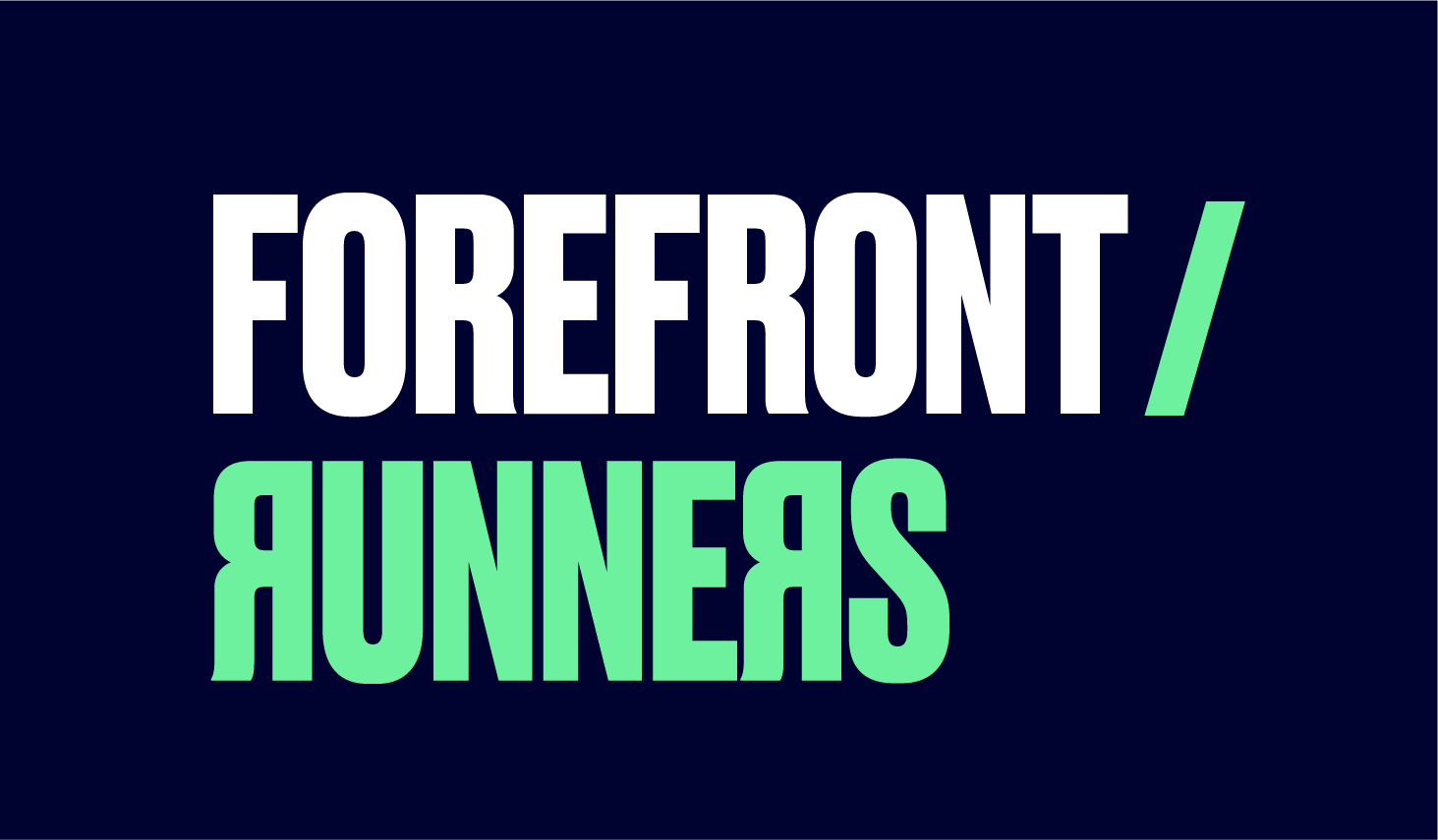The Shocking Truth About How the Global Economy Affects Athlete-Led Philanthropy.

In the ever-evolving landscape of athlete-led philanthropy, the global economy emerges as a potent force, wielding the power to shape the impact of these endeavors in profound ways. As we delve into this exploration, we unveil the multifaceted relationship between economic tides and the altruistic pursuits of athletes. From the ripple effects of economic downturns, which can diminish the resources available for philanthropy, to the dynamic interplay with corporate sponsorships and the emergence of new opportunities, this article unveils the shocking truths about how the global economy leaves an indelible mark on the world of athlete-led philanthropy.
The global economy can have a significant impact on athlete-led philanthropy in several ways. Here are some potential effects:
- Economic Downturns: During economic downturns or recessions, people tend to have less disposable income, and charitable giving may decrease as a result. This could make it more challenging for athletes to raise funds for their philanthropic endeavors, especially if they rely on donations from individuals or businesses.
- Corporate Sponsorship: Many athletes partner with corporations or brands to fund their charitable initiatives. When the economy is struggling, companies may have less money available for sponsorship and may cut back on their philanthropic giving. This could lead to athletes receiving less support from corporate sponsors for their initiatives.
- Global Competition: Athletes may also face competition from other philanthropic organizations and causes during times of economic uncertainty. If people have limited funds to donate, they may prioritize giving to organizations that they view as having a more immediate or urgent need than athlete-led initiatives.
- Increased Need: On the other hand, economic downturns can also increase the need for philanthropic support. During times of economic hardship, more people may be in need of assistance, such as food banks, homeless shelters, and other social services. Athletes may need to adjust their philanthropic focus to address these urgent needs.
- New Opportunities: Finally, the global economy can also create new opportunities for athlete-led philanthropy. For example, during the COVID-19 pandemic, many athletes and sports organizations stepped up to support healthcare workers, provide financial assistance to those affected by the pandemic, and promote public health initiatives. This shows that athletes can adapt and find new ways to make a positive impact, even in challenging economic times.
Highlight: Ian Poulter, English professional golfer who plays in the LIV Golf League, has raised $4,200,000 since 2018 for his charities Dreamflight (UK charity that takes children with a serious illness or disability on their holiday of a lifetime to Orlando), Charitybuzz (impact marketplace for once-in-a-lifetime experiences), and also COVID-19 Fund.
